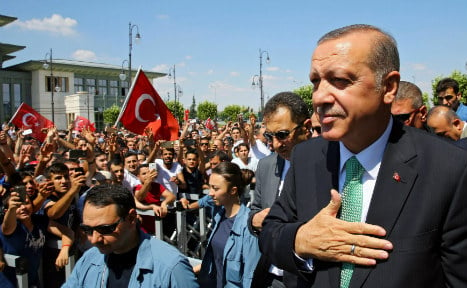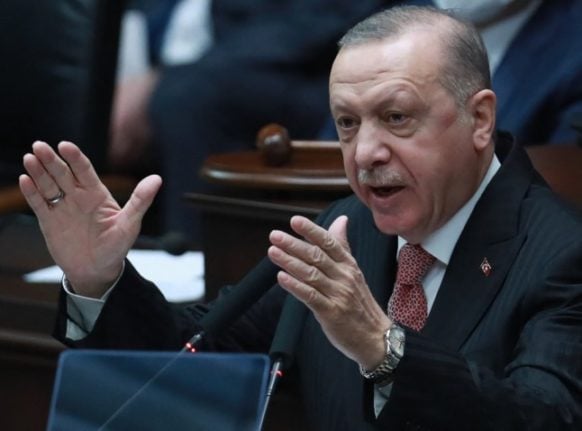At the beginning of June the Bundestag (German parliament) passed the resolution describing the death of over a million Armenians in 1915-16 as genocide by an overwhelming majority.
Ankara argues that 300,000 to 500,000 Armenians and as many Turks died in civil strife when Armenians rose up against their Ottoman rulers.
Turkey could barely hide its fury at the vote and immediately recalled its ambassador in Berlin. Shortly after, the Turkish government announced an “action plan” on how to react to the resolution.
Since then Ambassador Erdmann has not been offered a single appointment with the foreign ministry in Ankara or in other parts of the government. His requests for meetings have also gone unanswered.
Lower ranking diplomats have occasionally been offered meetings, but each one needs to be personally approved by Foreign Minister Mevlüt Cavusoglu.
Since the vote, the Turkish government has also refused a senior civil servant in the defence ministry permission to visit German military personnel at Incirlik air base, where they are part of the coalition against Isis.
Relations between Berlin and Ankara are extremely sensitive at the current time. A crude poem written by a German comedian, deliberately insulting Turkish president Recep Tayyip Erdogan, led to demands from Ankara that the German government take action.
Germany is bound to Ankara by a controversial deal on refugees whereby Turkey has agreed to take back asylum seekers who travel over the Aegean into the EU.
And tensions are currently high among Germany’s 3 million-strong ethnic Turkish population after a coup attempt failed in Ankara earlier in July.
On social media, vicious accusations and counter-accusations have been thrown around among Turkish Germans over alleged sympathies for the plotters.
The government in Berlin is watching with concern, fearing that trouble could spill out onto the streets of German cities.



 Please whitelist us to continue reading.
Please whitelist us to continue reading.